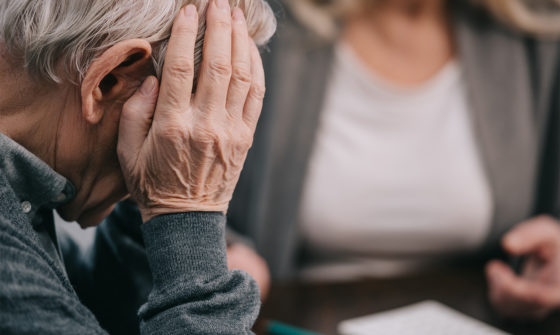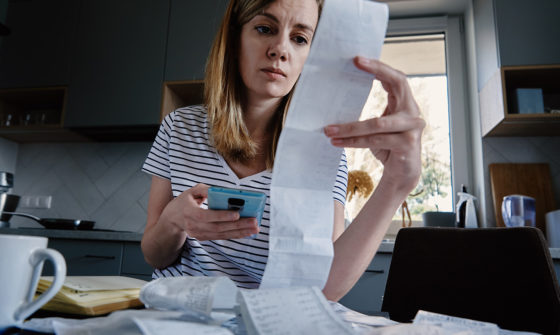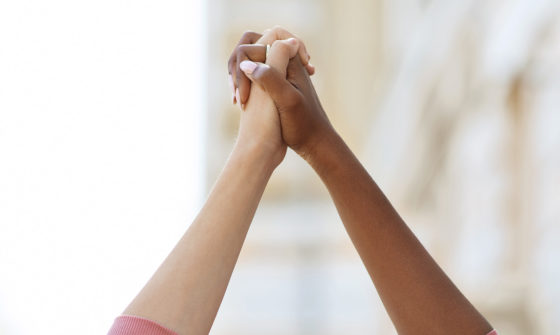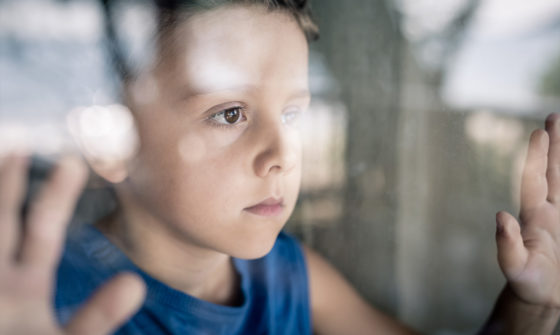At-risk of poverty or income poverty means earning less than 60% of the national median income. For a single adult in 2023, this threshold was €318 per week.
Basic or enforced deprivation occurs when someone can't afford at least two of 11 essentials, like nutritious food, adequate heating, or suitable clothing.
Consistent poverty combines both basic deprivation and an income below the 60% poverty threshold.
Source: Department of Social Protection


Source: SVP calculation based on CSO Survey of Income and Living Conditions

Among the total population, 17.3% of people experience enforced deprivation but some groups have a much higher risk:
In 2019, it was estimated that 1 in 6 households in Ireland experienced energy poverty.
By 2021, and during the energy crisis, it is estimated at 1 in 3 households were affected.
At SVP we're there to help people who can't afford these basic necessities.
Source: Economic and Social Research Institute
How many people are affected by food poverty?
Food poverty is when people can't afford or access a nutritious diet.
In 2021, 445,890 people were in food poverty in Ireland. With your support, we can continue helping them.
Source: Department of Social Protection


In 2022, 20.7% of the Irish population were at risk of poverty and social exclusion, this compares to the EU 27 average of 21.6%.
Romania had the highest rate at 34.4% and Czechia had the lowest rate at 11.8%.
Source: EUROSTAT
Data from the Vincentian MESL Research Centre at SVP reveal the income required for a Minimum Essential Standard of Living (MESL) in Ireland, ensuring a life of dignity.
In 2023, social welfare-dependent households fell short of this dignified living standard by:
By 2024, someone earning the National Minimum Wage in Dublin would need to work nearly 58 hours a week to afford an MESL.
Source: Vincentian MESL Research Centre


- “I'm worried the car might break down or the children will become ill. I'm praying the fridge won't break. I don't have enough money to plan for these uncertainties. What will I do? I don't like borrowing.”
- “Children should have happy memories and photographs of happy times, my daughter hasn't any. People need happy memories, don't they, especially children?”
- "My eight-year old daughter said ’Mummy I want a birthday party and I had to say ‘you're a big girl now; you don't need a birthday party.’ It was very difficult to see the disappointment on her face. I had to explain that we don't have the money.”
- “I do as much planning and budgeting as I can. I'm happy if the rent, ESB and food bills are paid. I wish I could plan for months ahead…but it's difficult to plan when you're unsure about the basics.”
- “I found a job as a Carer but I had to travel and I had to work days and nights. I couldn't continue working because of the different hours. I started with twenty hours-a-week and this went down to just eight. I couldn't afford childcare and travel. A combination of childcare and travel is a big expense for the odd hours.”
- “I can't get control, we can't make plans, it's like being in a deep hole, no matter what we do we can’t get out of it. We climb up and fall back in.”
- “The children look for money for school trips. We often have to say no to even five euro, we just don't have it, even though we budget carefully. We have to say ‘sorry we can't’…they are very good kids and we hate that they feel different.”
- “My daughter, who is such a good child, asked for €5 for lunch on a school trip. I could not find €5 in the house. All she said was ‘don’t worry, I’ll manage.”
- “I find life very hard, not being able to pay all my bills and always putting some on the long finger. The stress makes me sick. I’m always worrying knowing that my kids have to go without.”